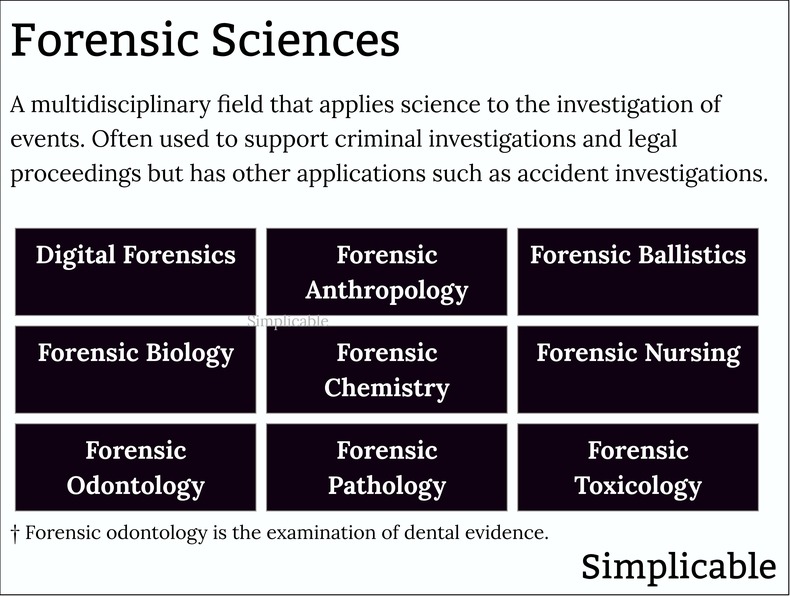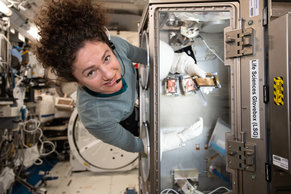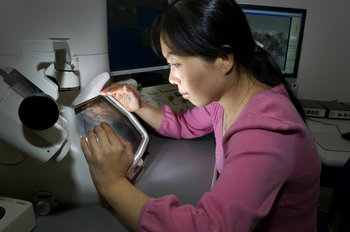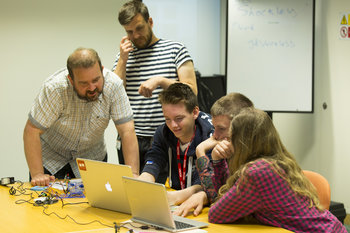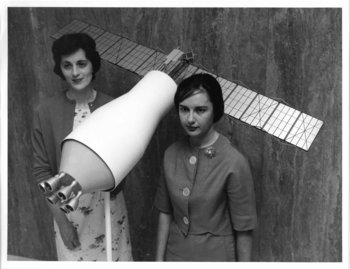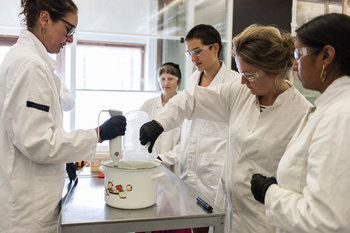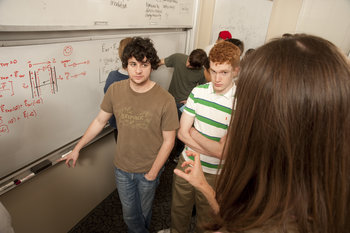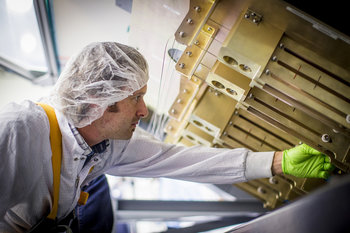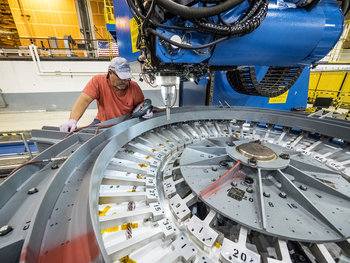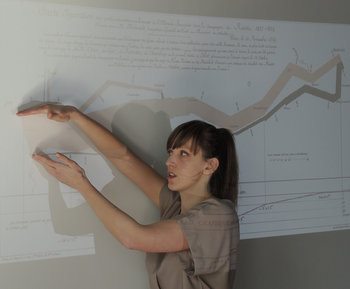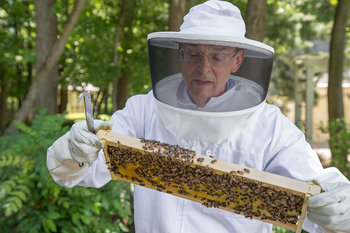Aerospace Engineering | Agricultural Engineering |
Agronomy | Bioinformatics |
Biomechanics | Biomedical Engineering |
Chemical Engineering | Civil Engineering |
Climatology | Clinical Psychology |
Coastal Engineering | Computer Engineering |
Conservation Science | Control Engineering |
Data Science | Dentistry |
Electrical Engineering | Environmental Biology |
Environmental Chemistry | Environmental Engineering |
Environmental Geology | Environmental Physics |
Environmental Science | Epidemiology |
Food Science | Forensic Science |
Forestry | Genetic Engineering |
Geotechnical Engineering | Health Informatics |
Horticulture | Industrial Engineering |
Laboratory Medicine | Materials Engineering |
Mechanical Engineering | Medical Imaging |
Medicine | Meteorology |
Nanotechnology | Nuclear Engineering |
Nursing | Occupational Therapy |
Ocean Engineering | Pathology |
Pharmacology | Physical Therapy |
Robotics | Seismology |
Software Engineering | Structural Engineering |
Engineering
The application of mathematics and science to design and practical problem solving. This typically involves planning, building, launching and operating structures and systems. Engineering is also involved in the development of materials, chemicals and biotechnology.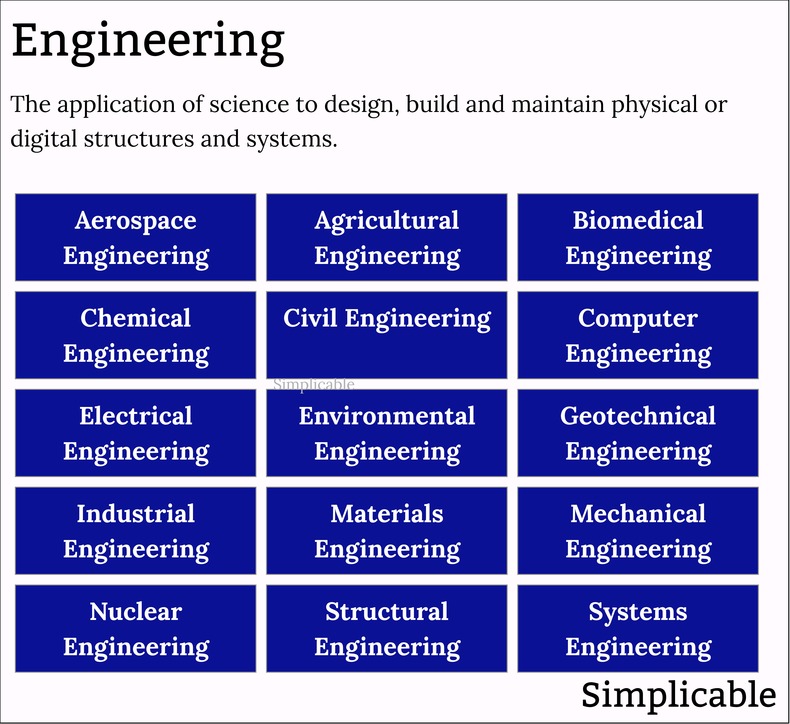
Earth Sciences
A group of scientific fields that study the Earth and its structures, minerals, atmosphere, oceans and biosphere. These are often pure natural sciences that also have applied aspects.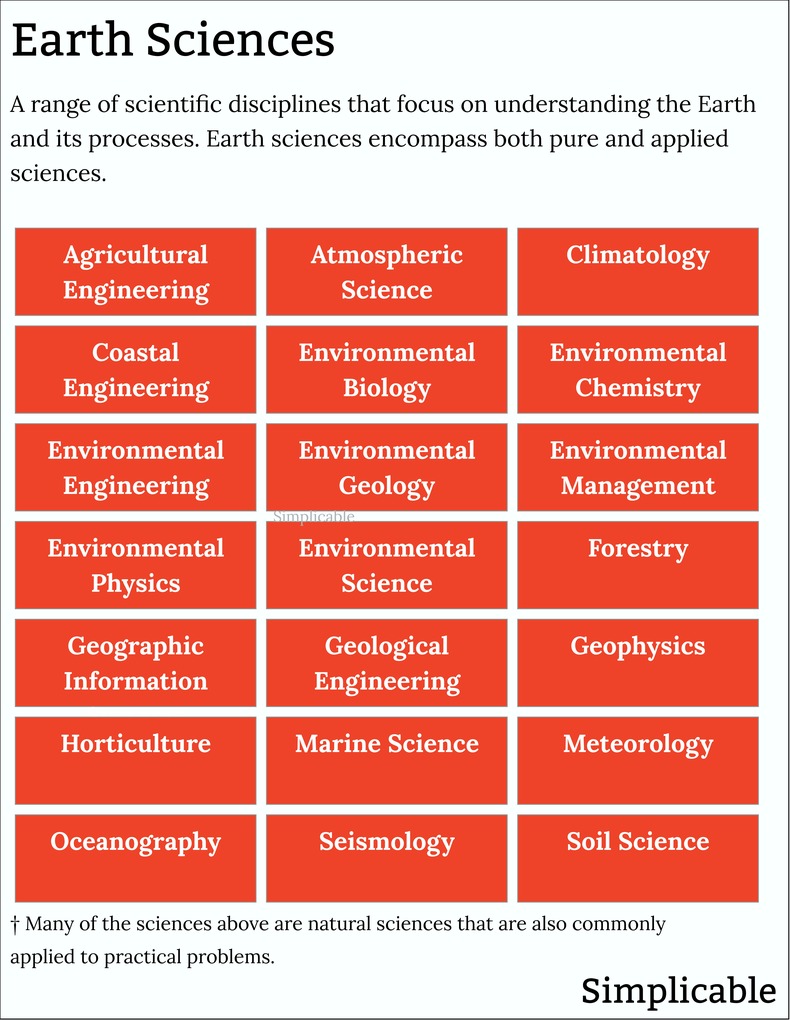
Health Sciences
The application of science to understanding, maintaining and improving human health.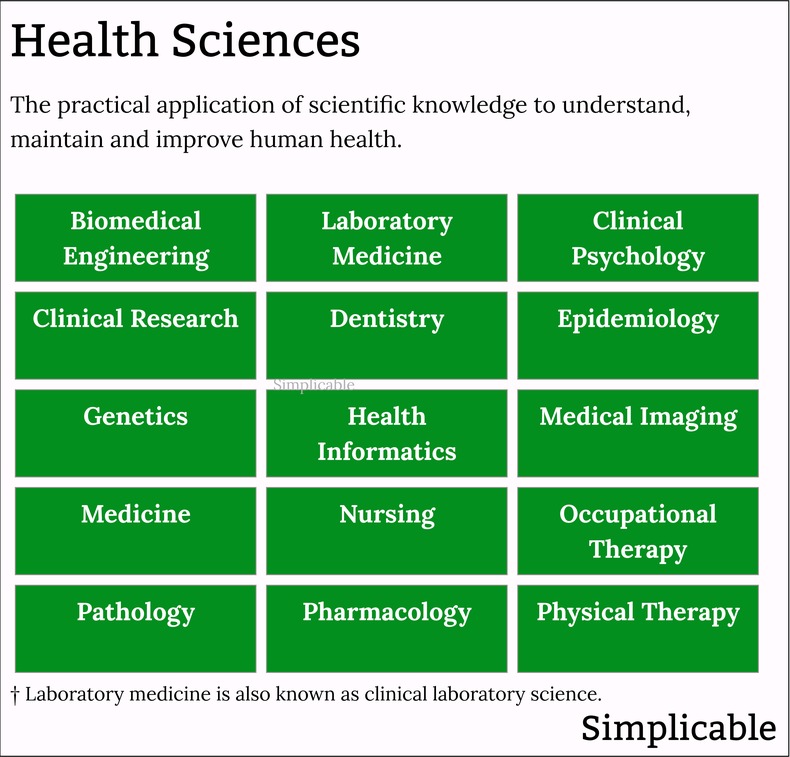
Forensic Sciences
The systematic examination, documentation and evaluation of physical and digital evidence to uncover facts, resolve disputes and provide expert insights to investigations of events.